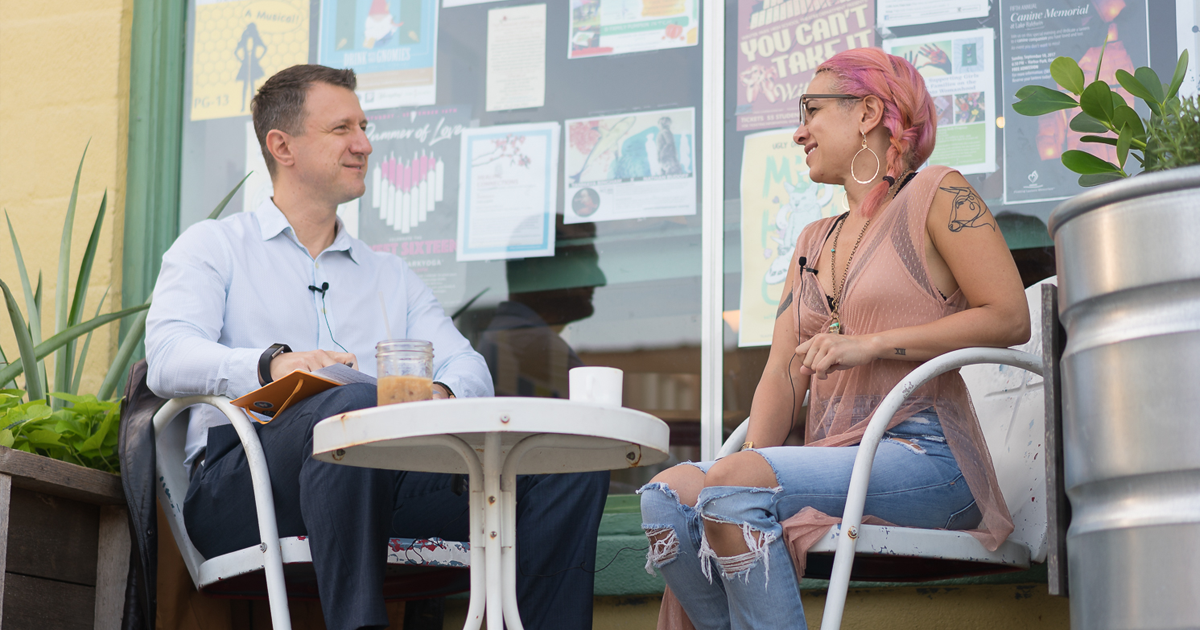Azie Shelhorse
November 29, 2017
It’s time to upcycle your day and add some inspiration to it. In this interview, I meet with one of my friends, Azie, who was a stay-at-home mom that turned a hobby into an Etsy shop which then blossomed into a legit business. She shares a lot of lessons here which led to the evolution of her funky shop in Montclair, New Jersey, called ‘Verdigreen’.
Nestled away in Montclair, New Jersey, next to a beautifully painted wall mural, is a store called Verdigreen. An eclectic destination that contains vintage furniture, fixtures, locally-made artisan goods, Annie Sloan Chalk Paint® and the smiling face of its owner Azie Shelhorse.
Truth be told, I’ve known Azie for over a decade and have been close friends with her and her husband Travis. I’ve been able to see first-hand the evolution of Verdigreen. It started as Azie’s at-home hobby, began generating sales as an Etsy shop and then became a brick-and-mortar concept. I’m inspired by her evolution as a designer and dedication towards her customers. You literally can not find a negative review online. That says a lot! Especially in this day and age.
Verdigreen is an embodiment of Azie’s style, creativity & vision, which has even been featured in Domino and Design On A Dime. Her talent of putting together disparate components and making them work transcends conventional wisdom. I believe that the store is just the beginning and her talents are going to take her places that she hasn’t imagined yet.
Kind of like, going from hobby to being a full-time pillar of the arts community? Yep, exactly.
Let’s head over to the coffee shop so we can learn more about her …
[Setting: Azie is originally from central Florida, so she was in Orlando for a high school reunion when we met up at Ben Hoyer‘s coffee shop called Downtown Credo in College Park. We decided to have the interview outside, right in front of rush hour morning traffic on a Monday. I think it is the first time I’ve been buzzed by fast-moving vehicles during an interview! Ahh, okay, so now you have context, let’s start out the interview.]
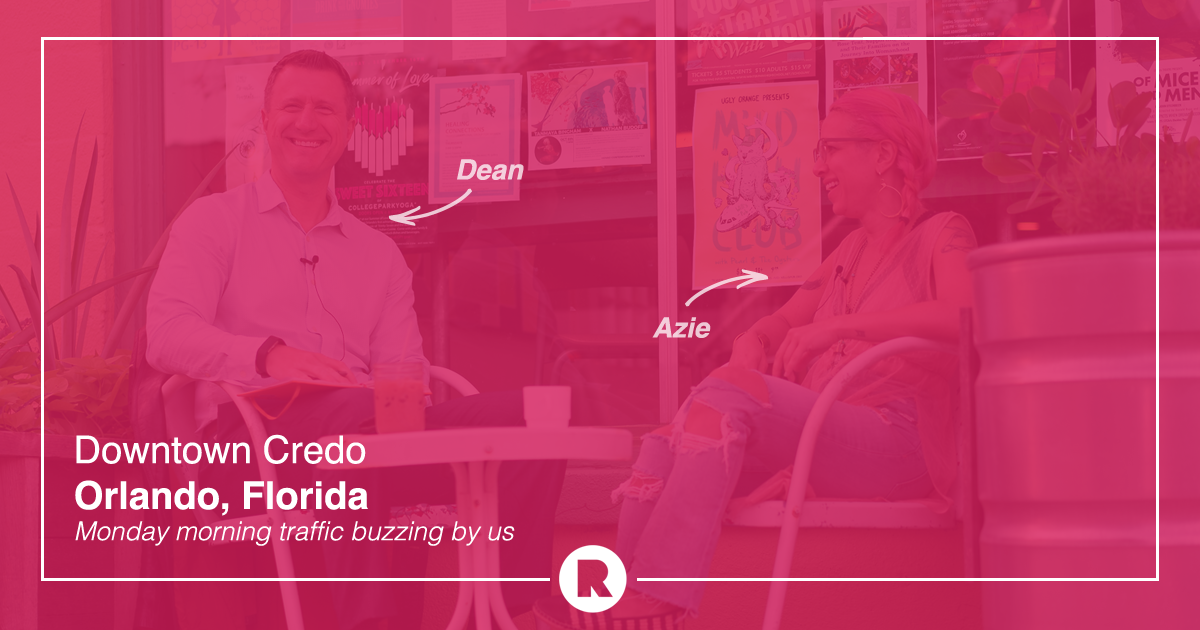
Dean: Alright Azie, how would you describe Verdigreen to someone who has never heard of it?
Azie: I consider Verdigreen to be a lifestyle brand, so it’s a small brick and mortar shop in Montclair, New Jersey, and we carry locally handmade home goods and we’re also a design center, but for me, it’s more than that. It’s a lifestyle. We came to be because I was upcycling vintage furniture and trying to have a more green footprint so I started using non-toxic DIY supplies. I discovered I really enjoyed painting furniture and redesigning old things and reusing things in my household, so I brought that idea to our community.
… have a passion for it because it becomes ‘work’ no matter what.
Dean: I want to get into the origins of Verdigreen, but first, are there any tips that you could give somebody who is about to open a brick and mortar retail shop today, in 2017?
Azie: I think that retail has changed a lot, even in the past five years that we’ve had a brick and mortar. I would say that if you could swing it, be a cash-only business in terms of not opening lines of credit. I don’t know if this is a good answer because I feel like it’s a pessimistic attitude and I don’t like being that way, but …
Dean: When you say cash-only, do you mean self-sufficient, non-debt ridden, ‘hope and a dream’ business?
Azie: Exactly. I think that’s the way to survive right now because the landscape has changed so much and I really want independent shops to survive and I think that’s the best way to do it. Not to purchase merchandise until you have the cash flow for it, so that’s a part of my answer. The other part is just to make sure that it’s something that you really love and that you have a passion for it because it becomes ‘work’ no matter what.
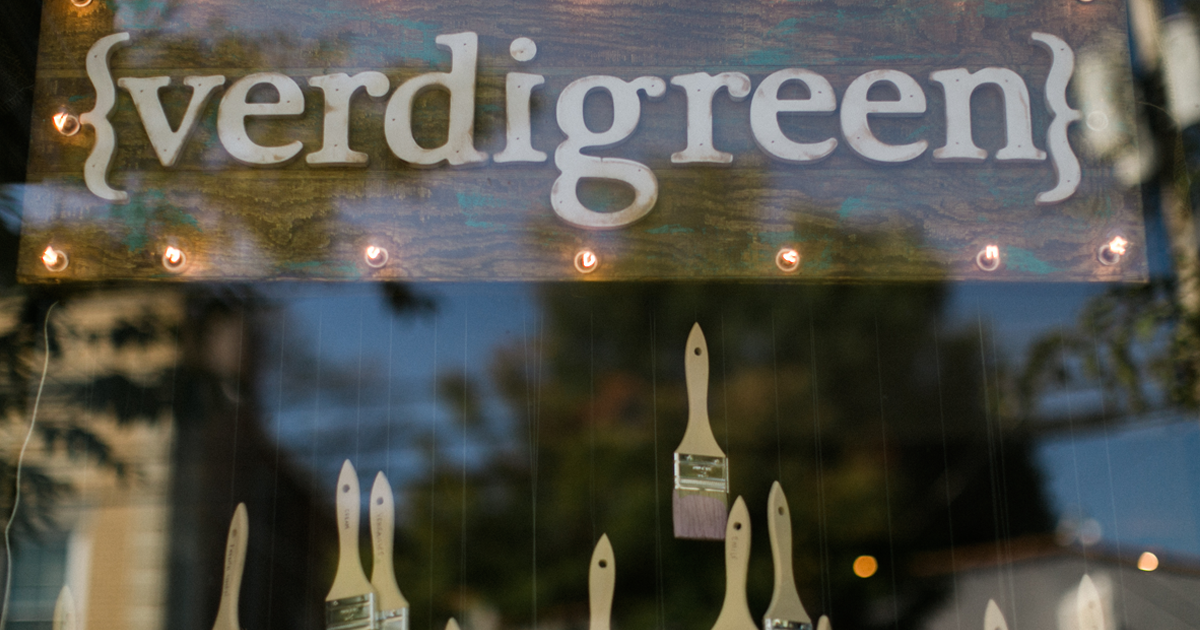
Dean: I admittedly scoured reviews and read all of the reviews that I could find about Verdigreen online and they are all glowing. Interestingly, an experienced Yelper called your store ‘pure Etsy in a storefront form’ and I thought that was perfect because you kind of had your roots in Etsy. How did you get first started on Etsy?
… I wanted to showcase other local moms who were like me …
Azie: About eight years ago, I was painting furniture for our own home and I got really into it and I started visiting estate sales and upcycling my finds. My husband was like you can’t keep doing this for our own house because we had nothing left to beautify. Every time he came home from a business trip, our furniture had been moved or painted or reupholstered, so to preserve our marriage he encouraged me to open an Etsy store. It was back when Etsy first started so the market wasn’t as saturated as it is now and I was able to get some grounding and learn some early lessons before I opened my shop in terms of what worked and what resonated with customers. When we moved to Montclair from Atlanta, I had less space for my furniture. We needed a paint studio for me to do my work so on a whim we rented a storefront two blocks from our home and opened our first brick and mortar shop in 2013. Once the keys were in hand, I decided I wanted to showcase other local moms who were like me … selling on Etsy from their home, who had passion and talent but needed a local platform. I connected with these women artisans, offering a space to sell their handmade home goods in our brick & mortar shop, which brought us all a wider range of customers and the added bonus of an instant support system. Etsy definitely shaped that collective artisan vision for me.
Dean: Transitioning from [online] Etsy to your shop, when did you realize that it could be a legit business? Was there a certain sale or a point in time where you can recall?
Azie: I feel like that’s a trick question because I never thought that it could be a legit business. I always just thought that it’s been such a rewarding process and as long as I’m able to maintain doing what I’m doing financially, if it kept making me happy and it was able to pay for itself, I was going to keep doing it, and that was always my concept with it. It’s only been just recently that I’ve realized that it’s more than just a hobby. I’ve really had to come to terms with that since I never intended to have a full-time career. I always thought I’d be a stay-at-home mom. I always wanted to be there for the kids, so for me, there’s that personal struggle, too.
[Passerby yells out: I want to be famous! Dean and Azie laugh]
I didn’t want to admit to myself that I had a real gig that would take me away from being a full-time mom, so yeah, I don’t know what I’m trying to say other than clearly, I am in denial about it being a legit business even now.
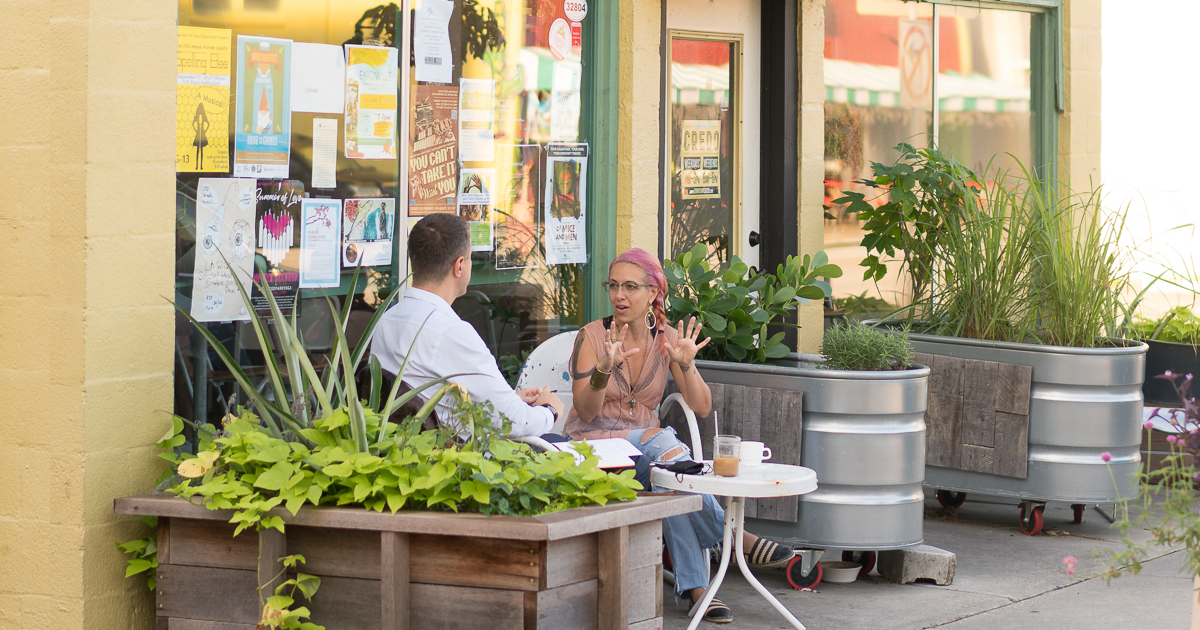
Dean: It sounds like you have a bit of Imposter syndrome, which is not necessarily a bad thing because honestly, every successful person I’ve ever met has had it. There’s no imposter when it comes to your talents and speaking about interior design being one of them, if someone asks you to design something for them with no constraints, and they just said, “Here is a restaurant that I want you to redesign in your style,” what would you call that style?
… I grew up with Persian rugs and tassels and pompoms …
Azie: I would refer to my style as Bohemian Ethnic Urban. I hashtag ‘maximalist’ on a lot of my Instagram posts. I love the minimalist Scandinavian style, I think it’s so beautiful and serene, and the restraint is something that I admire, but it’s just not how I live my life. My own home is a cocoon of texture and color and that’s where I feel at home. I am half Persian, so I grew up with Persian rugs and tassels and pompoms, and what makes me happy is the color and the vibrancy, so I’m definitely a Bohemian by nature.
Dean: You mentioned a couple of your different influences there and you have a knack for putting together visual elements that most people would see as not going together, but you make it look great. How did you develop this talent or is it just a natural thing?
Azie: I think that it’s natural in some regard, but there are no rules and the things that I love the most do not have limitations on them. If it’s something that you really love, it will work. It doesn’t have to follow a trend or be seen on HGTV. That’s how I lead my design.
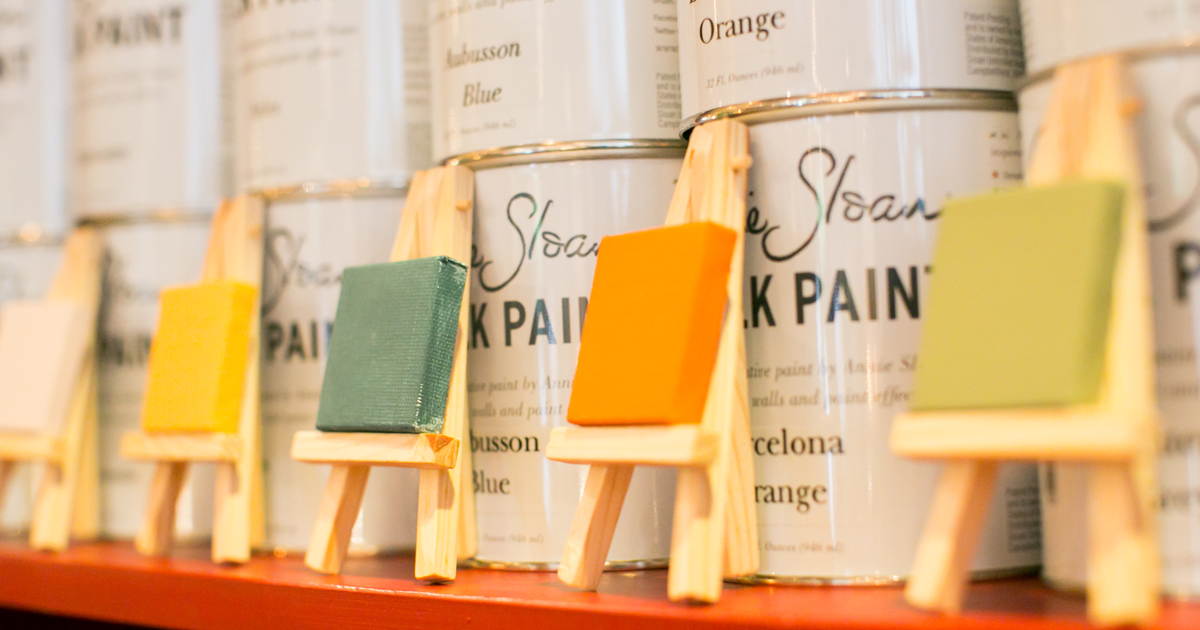
Dean: I like how you said no rules because of course, people try to make a science of art, but it’s also quite subjective. So, you’ve been able to interact with a lot of different designers, whether it be in Florida or now living in the Northeast; you were on Design On a Dime … Out of all of your experiences, who is the most remarkable designer that you’ve ever met and why?
I always just called myself a maximalist
Azie: I think that Design on a Dime really exposed me to quite a vast array of designers and there’s one in particular that I really loved because they operated by the “no rules” principle. There was a lot of social commentary, which I really loved; for example, they hung a mirror with the phrase, ‘You are beautiful,’ written on it so when you looked into it, it became a self-empowerment design element, which I thought was very cool and original. The designer next door to my own vignette was Peti Lau. She’s a young designer in New York City who I admire. She layers a lot of different styles. Really Baroque with very modern and I just love that eclectic mix. It just goes back to the no rules and doing what you love, but she’s also a maximalist, and I appreciate that aesthetic.
Dean: Where did you hear about the maximalist thing?
Azie: I always just called myself a maximalist because I always used to hear the term minimalist and I thought that I must be the total opposite, but then exploring on Instagram, there are other maximalists like Justina Blakeney of The Jungalow. There’s a lot of natural themes to maximalism. I like to incorporate plants and crystals in my interior design projects because they have their own natural energy. I really believe in creating a vibe or a feeling versus a formulaic aesthetic. I always consider how my client is going to feel in their home and what atmosphere they want rather than following a map for the placement of their furnishings.

Dean: Do you think minimalists do lazy design?
Azie: No, not at all. I think it’s really difficult to be a minimalist because you have to show restraint.
Dean: I guess the urge is to say, there’s a wall, let’s fill it. Let’s do something and then it feels very forced, so then they get stuck in the middle. I like how you took the other edge and you take lots of elements to create something even more unexpected. Are there any status quo design trends right now that you feel that in many years, people are going to look back and laugh at it.
Azie: Yes and I currently already feel that way about it. It can be really beautiful and it can be done well, but shiplap is a bit overdone. Joanna Gaines made it really popular on her Magnolia Show on HGTV – it’s the white wooden paneling on the wall. I think that our children’s children are going to be buying their homes and they’re going to be like oh my gosh, another shiplap house. I think it’s similar to the oak paneling that we grew up with.
Dean: Like our house in D.C. where I grew up, there’s a rec room that’s all wood paneling.
Azie: I think that’s going to be the same for shiplap. I love using texture on the walls, so it’s not that I’m against it, I’m just seeing it everywhere so I just feel like it’s no longer as special as it was.
Done: How about the opposite side of that. Are there any emerging trends right now that you think are going to be mainstream coming up?
Azie: Emerging trends … I see that a lot of people are trying to be more eco-conscious in their design and with that comes bringing a lot of greenery in, so I’ve seen a lot more of bringing the outside in. I think that will become the norm. Whether it’s having large windows that face your gardens or just using a lot of houseplants indoors. I really love that trend. The new hotels in the city are incorporating greenery into their design.
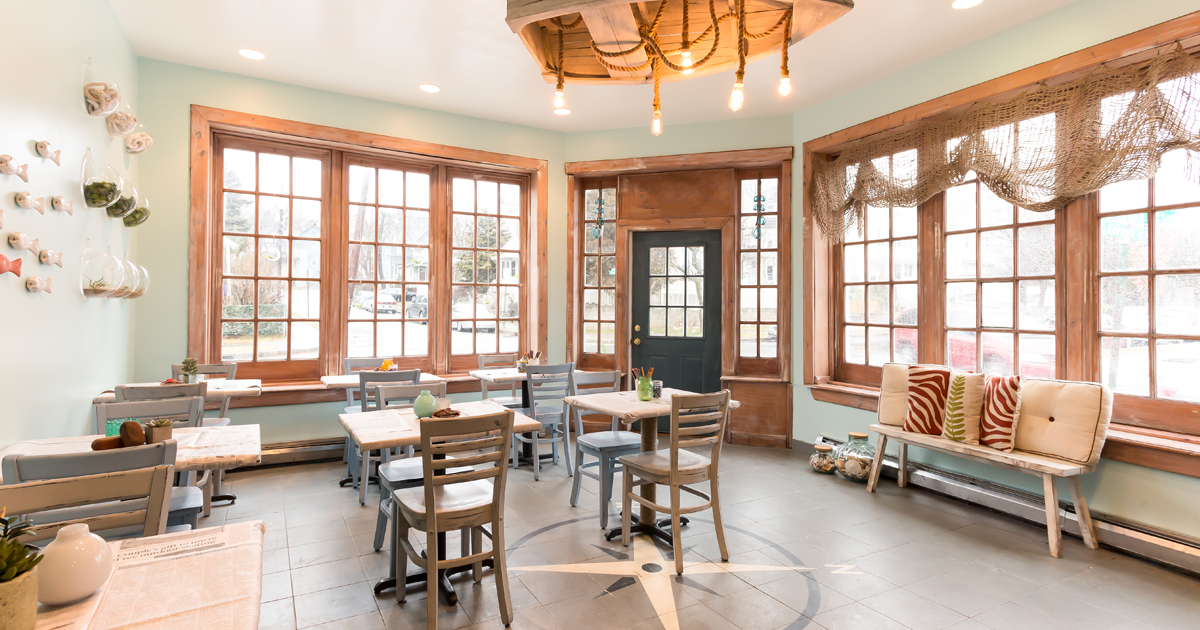
Dean: What is something true about you that most clients that know you would not believe?
Azie: That I was a professional dancer before I had kids.
I wanted to be on Broadway growing up …
Dean: Can you tell us about that?
Azie: [laughs] I’d rather not. Or that I was a trained Opera singer. I wanted to be on Broadway growing up, so I had a vocal coach for nine years and I was a trained dancer, but I had stage fright, so the only way that was going to happen for me was if someone accidentally discovered me because I was singing in the streets and they happened to be an agent or something.
Dean: Have you thought about maybe showing off those talents one day and tying that into an unexpected design; unexpected things that you can find about people? Like maybe standing on the streets of Montclair and doing some Opera?
Azie: No, I haven’t. I actually feel like it’s a little self-indulgent. I also haven’t been in that world for so long that I probably don’t have those same skills or talents, and I have a real aversion to being on video. I have to do YouTube tutorials a lot to show my customers and clients how to do the DIY aspect of the job and I’m just not comfortable performing in front of people.
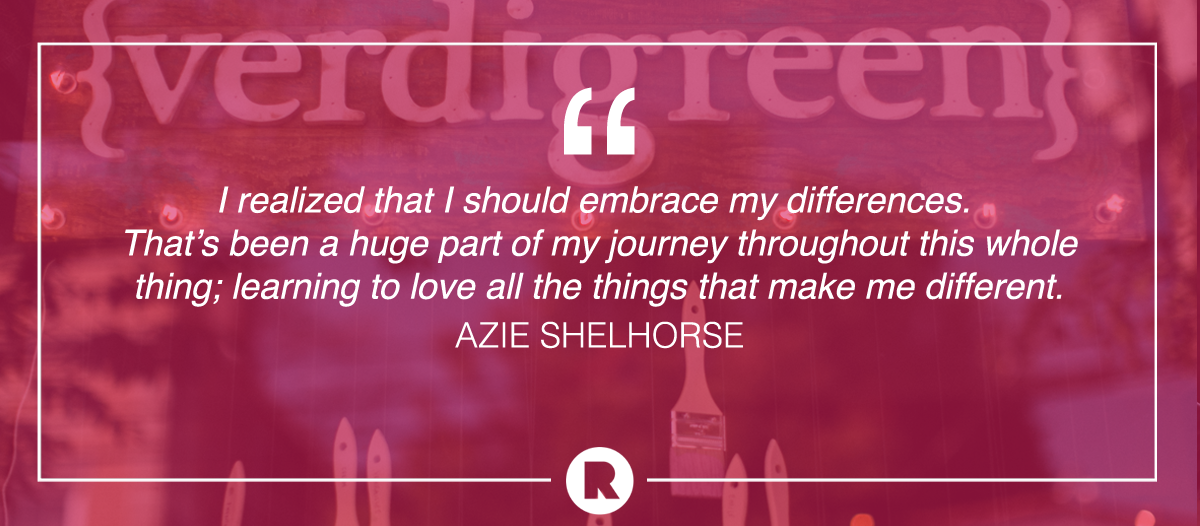
Dean: If you could step outside of yourself and remove that Imposter syndrome for a little bit … looking at the cool things that you’ve been able to do since just starting off as a hobby on Etsy, what do you think has been your secret to being outrageously remarkable?
Azie: I think just staying true to myself. I grew up feeling like I never fit in. I was always very quirky, I had a strange sense of style, and I tried really hard to hide that. Kids in junior high would literally use the phrase “That’s so Azie!” to describe my personal aesthetic, and not in a supportive way. Once I became a mom and I began telling my children about how I loved them for who they were, it kind of clicked. I realized that I should embrace my differences. That’s been a huge part of my journey throughout this whole thing; learning to love all the things that make me different. I do live in a fantasy world. I have a very active imagination and when I run with it, that’s where my magic lives, I’m the most creative and my designs transcend and take on a life of their own. That has really been important for me: realizing that it’s okay to be myself and really embracing my unique perspective and practicing self-love.
Dean: I think that’s a wonderful message for anyone who is reading this and is a little bit quirky and I hope that really resonates with them.
_____________________________
Connect with Azie & Verdigreen on Instagram. Also, here’s the shop’s website.
Truly appreciate Joshua Johnson snapping these pics on short notice to help me bring the interview to life!
Want to see the next interview? subscribe to be an insider & don’t miss out!
